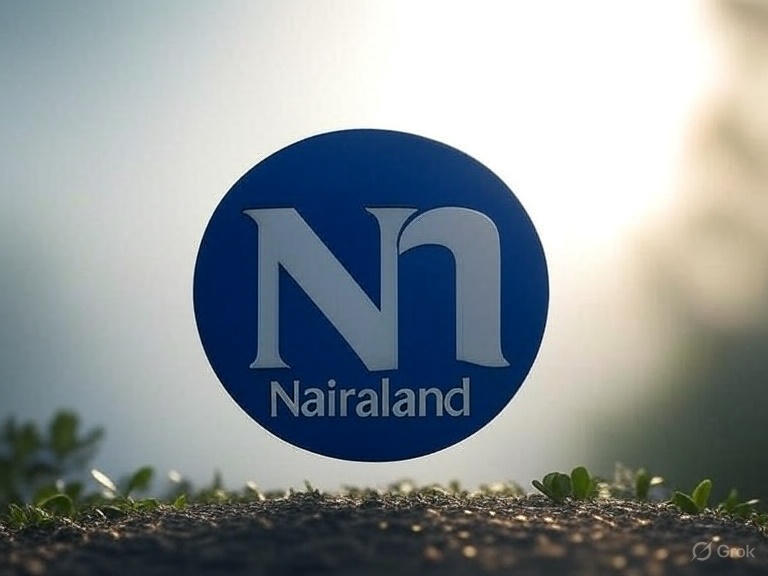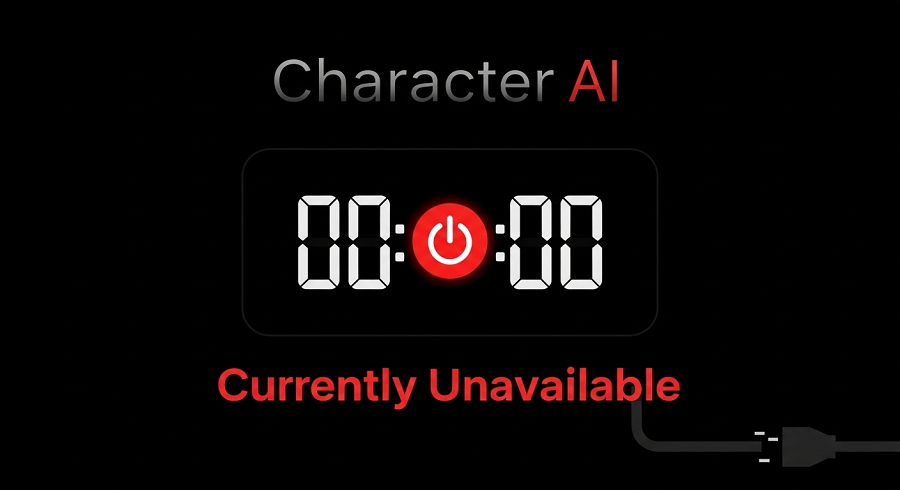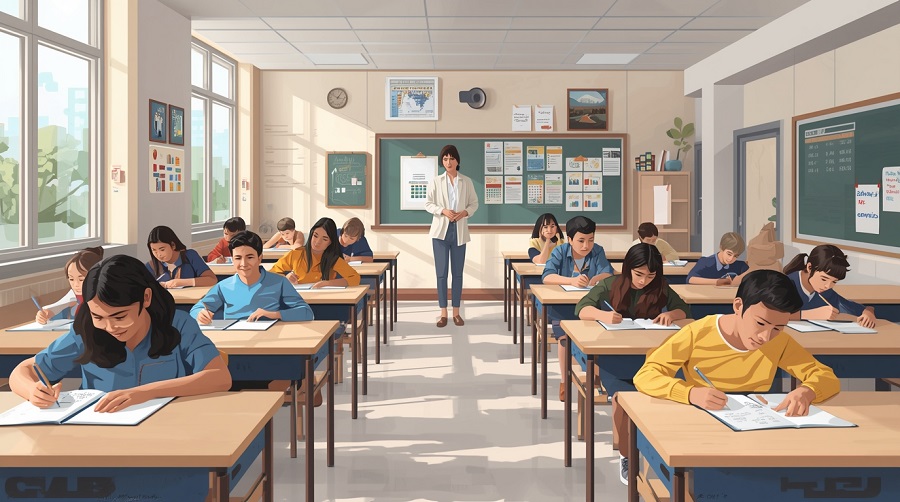In the vast landscape of the internet, few platforms have captured the pulse of a nation quite like Nairaland. It was launched in 2005. This Nigerian English-language internet forum has evolved from a modest online discussion board into a cultural phenomenon. It serves as a virtual gathering place for millions of Nigerians. With over 3 million registered users and more than 7.4 million topics created, Nairaland stands as the sixth most visited website in Nigeria, embodying the unfiltered voice of a diverse population.
The Birth and Vision of Nairaland
Nairaland was founded on March 8, 2005, by Oluwaseun “Seun” Osewa. He is a Nigerian entrepreneur born on July 17, 1982. Osewa envisioned a space where Nigerians could connect, share knowledge, and discuss everything from local politics to global trends without the barriers of geography. Drawing inspiration from international forums like Reddit, Osewa bootstrapped the site from his university days, initially hosting it on a shoestring budget.
- By 2010, Nairaland had already become a staple for Nigerians at home and in the diaspora, earning accolades such as being named the biggest African forum by Forbes and landing Osewa on YNaija’s list of innovative Nigerians in technology.
- Nigerian internet users: Approximately 3% of users are registered on Nairaland—a significant figure when compared to Facebook’s 20% penetration rate in the country.
Osewa’s hands-on approach, including moderating the site himself in its early years, helped foster a sense of community that persists to this day.
Structure and Key Features
What sets Nairaland news apart from fleeting social media feeds is its structured, category-driven design. The forum is divided into dozens of sections, each a dedicated hub for specific interests:
Politics
A fiery arena for dissecting elections, government policies, and corruption scandals. Threads here often run into hundreds of pages, reflecting Nigeria’s vibrant democratic discourse.
Business
From stock tips to entrepreneurship advice, this section is a goldmine for aspiring moguls navigating Nigeria’s dynamic economy.
Family and Relationships
Candid discussions on marriage, parenting, and dating, laced with humor and cultural insights.
Technology and Science
Debates on gadgets, coding, and emerging tech appeal to Nigeria’s growing tech-savvy youth.
Entertainment
Bollywood, Nollywood, music, and sports—think heated arguments over Super Eagles matches or Afrobeats rivalries.
Career
Job listings, CV tips, and relocation stories are crucial for a youth grappling with unemployment rates hovering around 33%.
Users post threads, reply with quotes, and engage in real-time banter, often peppered with Nigerian Pidgin English for authenticity. The site’s mobile app, available on Google Play, ensures accessibility, though data practices emphasize user privacy with minimal sharing. Features like image uploads, polls, and private messaging keep interactions lively, while a points-based reputation system rewards active, positive contributors.
Cultural Impact and Community Dynamics
Nairaland isn’t just a website; it’s a mirror to Nigerian society. It has democratized information, allowing ordinary citizens to break news faster than traditional media— from fuel scarcity alerts to election results. During crises like the 2014 Ebola outbreak, it served as a vital resource for health tips and debunking myths, though not without hiccups: trolls from 4chan infamously infiltrated the site, spreading absurd memes about “Ebola-chan” rituals. Cultural and social impacts of Nairaland are:
- Political Influence
- Business and Opportunities
- Education and Advice
- Community Building
Nairaland forum: It has influenced pop culture, spawning viral slang, investigative threads (like exposés on scams), and even offline meetups. It’s a space where class, tribe, and gender lines blur in pursuit of shared experiences. However, its unmoderated nature has drawn criticism. Ethnic slurs, stereotypes, and hate speech persist despite policies against them, leading some users to migrate to stricter platforms like Reddit or Twitter.
A 2023 Reddit thread highlighted this divide, with users praising Nairaland’s “deep and vast” info but lamenting its toxicity and propaganda over the past five years. Critics argue founder Osewa has been too conservative in evolving the platform, unlike Facebook’s iterative innovations, potentially stunting its economic impact on Nigeria’s tech scene.

Challenges and the Road Ahead
As of September 2025, Nairaland continues to thrive with millions of daily visitors, but it faces modern pressures.
- Rise of TikTok and Instagram: Fragmented attention spans, while stricter content moderation on global platforms tempts users away.
- Calls for AI-driven moderation and monetization: Osewa has introduced subtle updates, but calls for AI-driven moderation and monetization features grow louder.
With Nigeria’s internet penetration at 55% and a youthful population, Nairaland has untapped potential to evolve into a full-fledged social network. Yet, its charm lies in its rawness—a place where a farmer in Kano can debate policy with a banker in Lagos.
Conclusion
Nairaland remains a cornerstone of Nigerian digital life, blending utility, entertainment, and controversy into a uniquely African success story. Whether you’re seeking visa advice, laughing at relatable memes, or venting about power outages, it’s the go-to spot. In an era of algorithm-driven isolation, Nairaland reminds us of the power of unscripted conversation.


